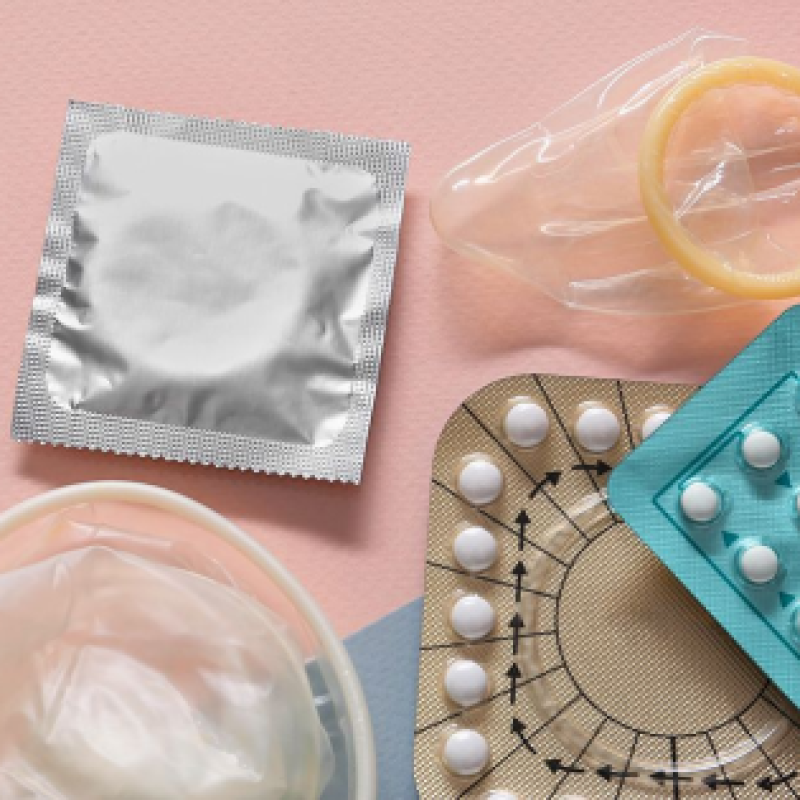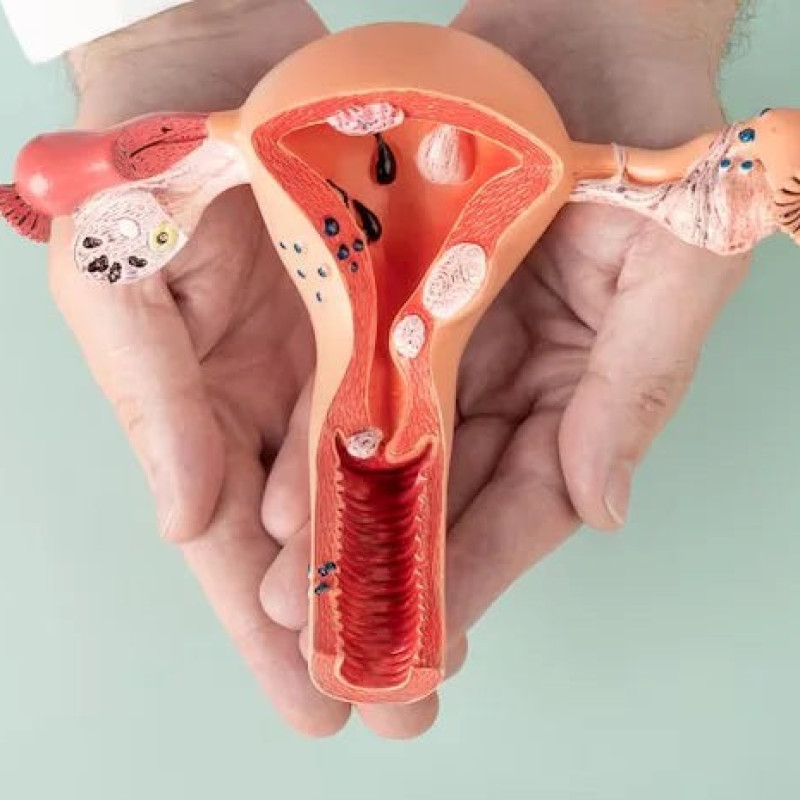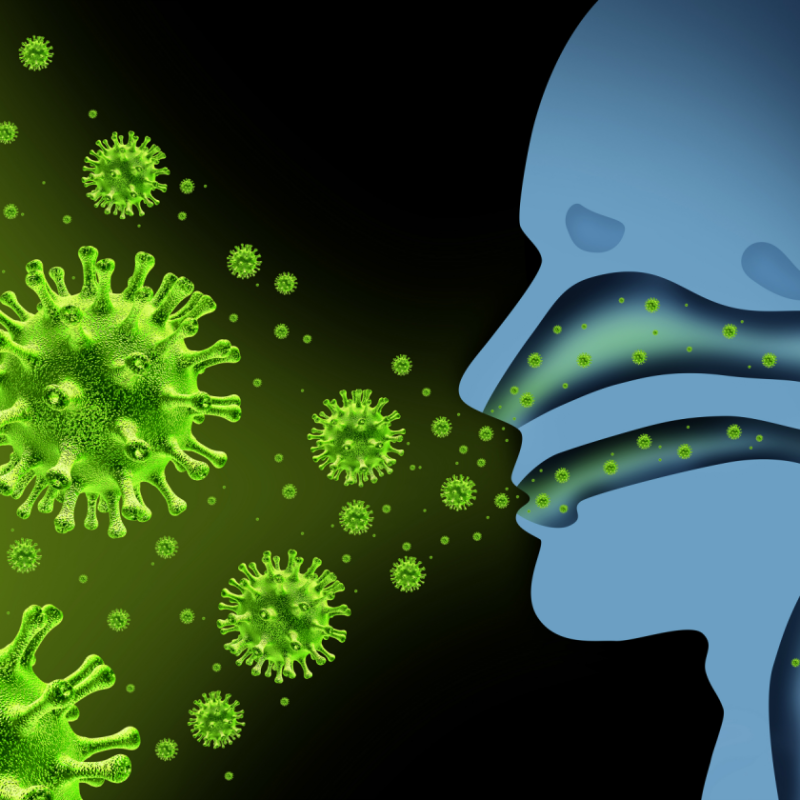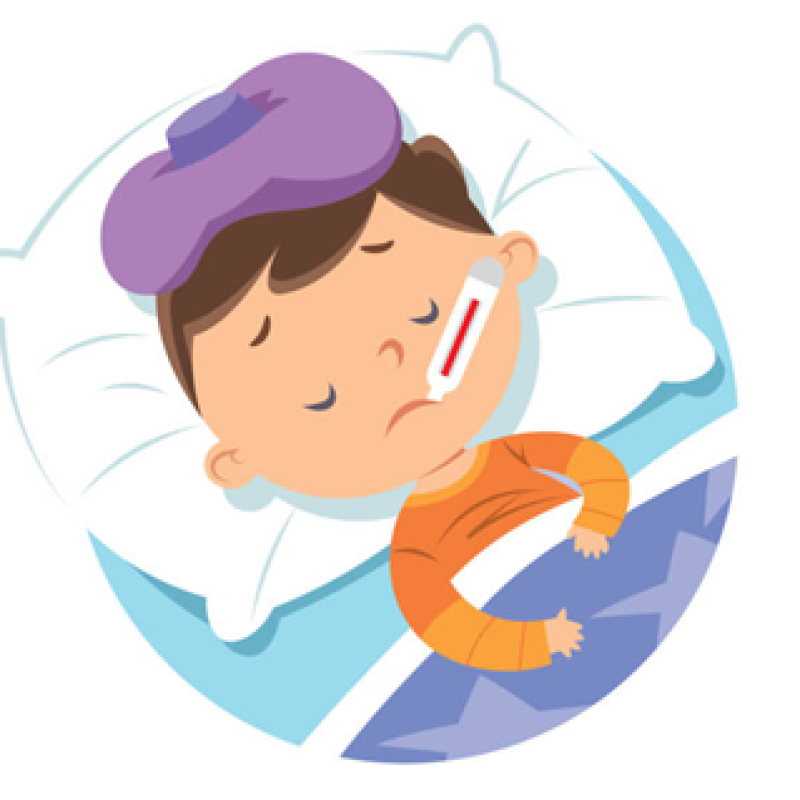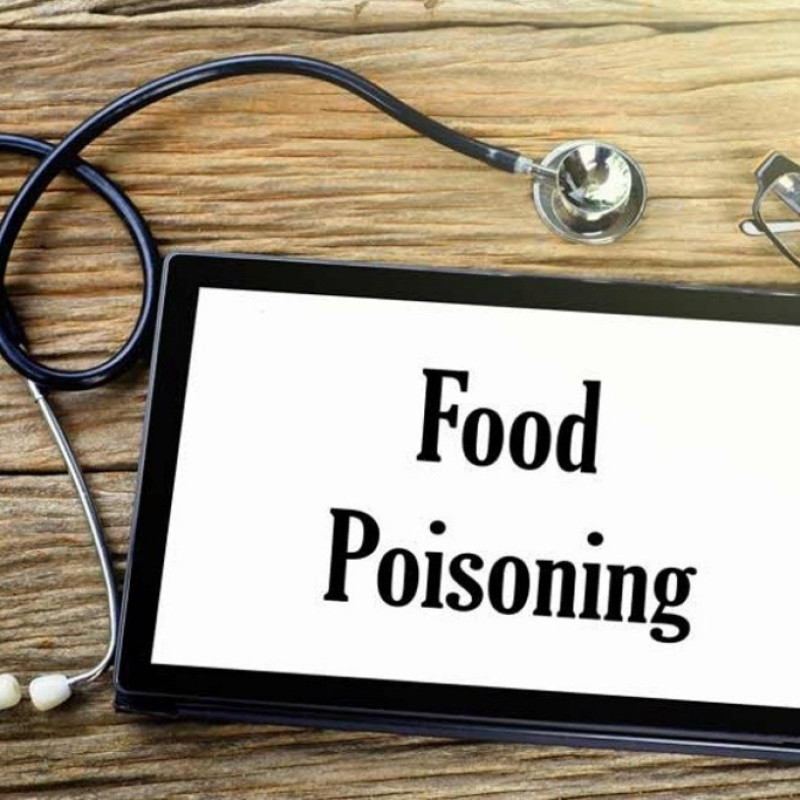Introduction
Acne is a common skin condition that affects millions of people around the world, from teenagers to adults. Despite its prevalence, managing acne can be challenging and confusing. In this blog, we’ll delve into what acne is, effective skincare routines for acne-prone skin, lifestyle tips to prevent flare-ups, and when to seek professional help.
What is Acne?

Acne is a skin condition characterized by the presence of pimples, blackheads, and cysts. It occurs when hair follicles become clogged with oil and dead skin cells. Acne can vary in severity and type, including:
- Blackheads: Small, dark bumps caused by clogged hair follicles.
- Whiteheads: Small, white bumps formed under the skin.
- Cystic Acne: Painful, deep cysts that can lead to scarring.
Factors contributing to acne include hormonal changes, particularly during puberty or menstrual cycles, genetics, and lifestyle choices. Understanding these factors can help in managing and treating acne effectively.
Skincare Routine for Acne-Prone Skin

A consistent and thoughtful skincare routine is essential for managing acne-prone skin. Here’s a guide to creating an effective routine:
- Cleansing: Use a gentle, non-comedogenic cleanser to remove excess oil and impurities without irritating your skin. Look for products with ingredients like salicylic acid, which helps to unclog pores.
- Exfoliation: Regular exfoliation helps to remove dead skin cells that can contribute to clogged pores. Opt for exfoliants with chemical exfoliants like alpha hydroxy acids (AHAs) or beta hydroxy acids (BHAs) instead of abrasive scrubs.
- Moisturizing: Even if your skin is oily, don’t skip moisturizing. Use a lightweight, non-comedogenic moisturizer to keep your skin hydrated and balanced.
- Treatment Products: Incorporate acne treatment products containing active ingredients like benzoyl peroxide, salicylic acid, or retinoids. These ingredients help to reduce inflammation, clear clogged pores, and prevent future breakouts.
Lifestyle and Diet Tips

Lifestyle choices and diet can significantly impact acne. Here are some tips to help manage acne through lifestyle adjustments:
- Manage Stress: Stress can trigger acne flare-ups, so practice stress-relieving activities like yoga, meditation, or regular exercise.
- Balanced Diet: Eat a diet rich in fruits, vegetables, and whole grains while avoiding excessive sugar and dairy, which may exacerbate acne for some individuals.
- Avoid Touching Your Face: Frequent touching of your face can transfer bacteria and oils, potentially worsening acne.
When to See a Dermatologist
If over-the-counter treatments aren’t effective or if you have severe acne, it’s time to consult a dermatologist. They can offer professional treatments such as prescription medications, laser therapy, or chemical peels tailored to your specific needs.



